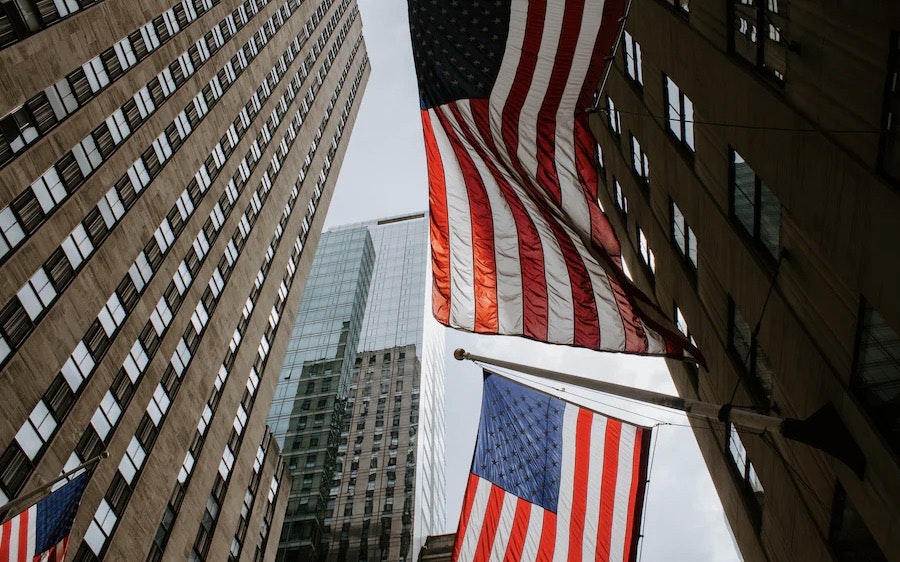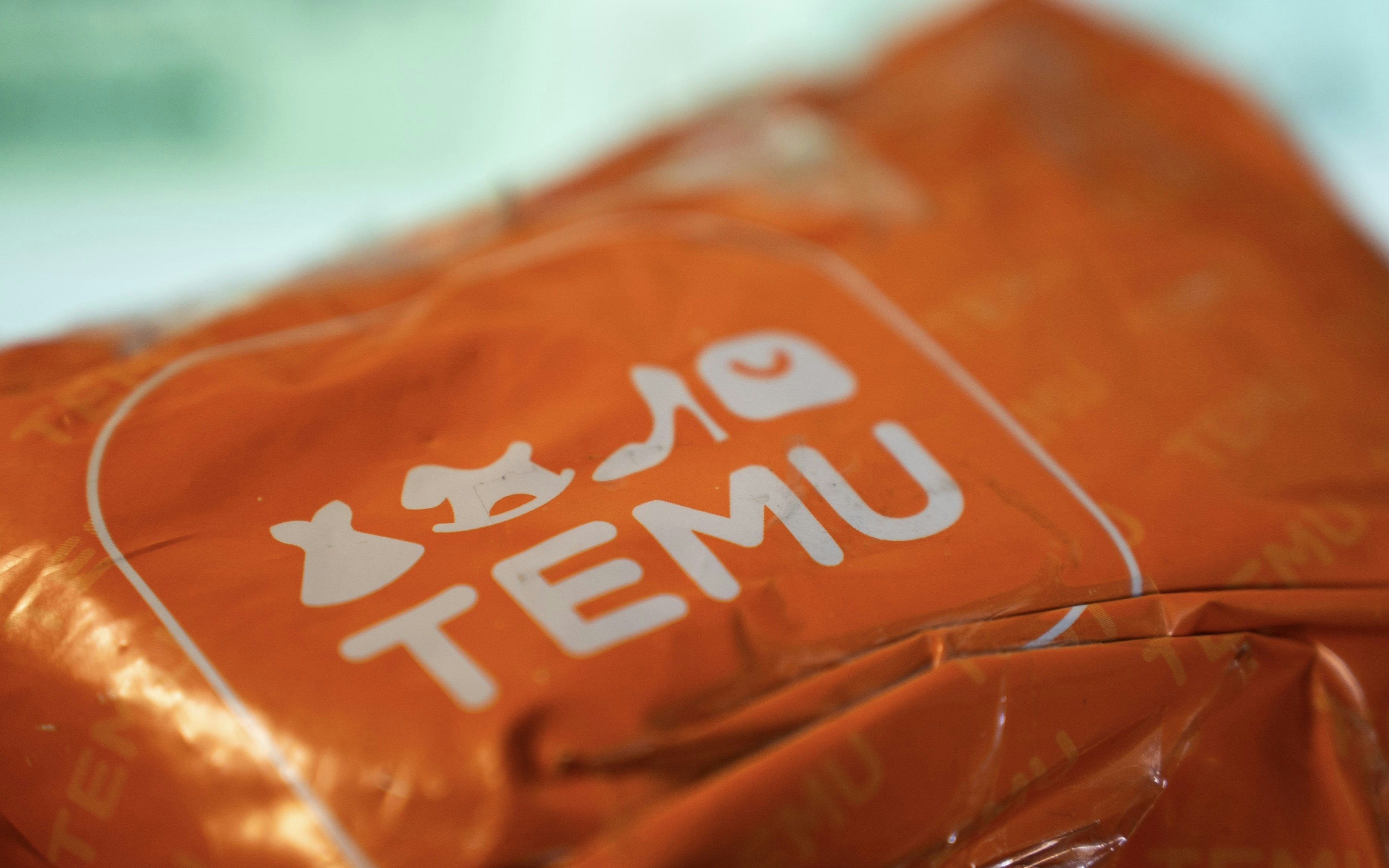The Bank of Japan (BoJ) has raised its key interest rate to 0.25 percent and unveiled plans to halve its monthly bond purchases to tighten monetary policy. This decision marks a significant turning point for global currency markets as the US Federal Reserve is moving in the opposite direction.
The Japanese currency strengthened by more than 1.7 percent to 150.15 yen per dollar following Wednesday's decision. With a majority of 7 to 2, the BoJ raised its overnight interest rate to "around 0.25 percent," the highest level since the global financial crisis at the end of 2008. Previously, the interest rate was between zero and 0.1 percent. The Bank ended its negative interest rate policy in March, which had accompanied decades of sporadic deflation.
The BoJ also announced that it would reduce its monthly bond-buying program from 6 trillion yen (39 billion dollars) to about 3 trillion yen by spring 2026. The interest rate increase came after government officials had made unusually clear comments in recent weeks, putting pressure on the BoJ to end its ultra-loose monetary policy and stop the yen's decline.
BOJ Governor Kazuo Ueda said at a press conference on Wednesday that the decision was made due to economic conditions and price movements that were "on course." However, he acknowledged that inflation risks from the weaker yen also played a role. "We plan to further raise our key interest rate and adjust the degree of monetary easing if economic conditions and inflation develop in line with our forecast," Ueda added.
Before the decision, traders were divided regarding the prospect of a rate hike by the BoJ. Some economists warned against such a move due to weak economic data. Core inflation, excluding volatile food prices, rose by 2.6 percent in June compared to the previous year, exceeding the BoJ's 2 percent target for 27 consecutive months. However, Japan's economy shrank in the first three months of the year, as the yen's depreciation and rising living costs burdened household spending.
It is extremely disappointing that the BoJ acted by ignoring weak economic data. It now looks like they wanted to act against the weak yen," said UBS economist Masamichi Adachi. "The normalization of the Japanese economy was very precarious from the beginning, but the BoJ has made it even more difficult.
For the fiscal year ending in March 2026, the BoJ expects consumer price inflation of 2.1 percent instead of the 1.9 percent forecasted in April. Stefan Angrick, Senior Economist at Moody’s Analytics, pointed out the BoJ's new focus on the inflationary impact of the Yen, but noted that the central bank is "hiking into a weak economy" due to the lack of demand-driven inflation.
I think the BoJ needs to make it clear that they are changing the rules of the game. They are not winning the game," said Angrick. He predicted that the next interest rate hike will take place in December and noted that the pressure on the yen might ease once the Fed starts lowering rates.
The growing expectations of a rate hike by the BoJ had already strengthened the yen against the dollar ahead of the meeting on Wednesday. This reversal was supported by the government's purchase of its own currency worth 5.5 trillion yen earlier in the month. The market intervention led to the ousting of a significant portion of the yen short positions from the market, dampening the so-called carry trade.
Yujiro Goto, Chief FX Strategist at Nomura, said that the upward trend of the yen could also accelerate if Japanese retail investors decide to unwind their large bets on U.S. stocks and convert their dollar gains back into yen.










